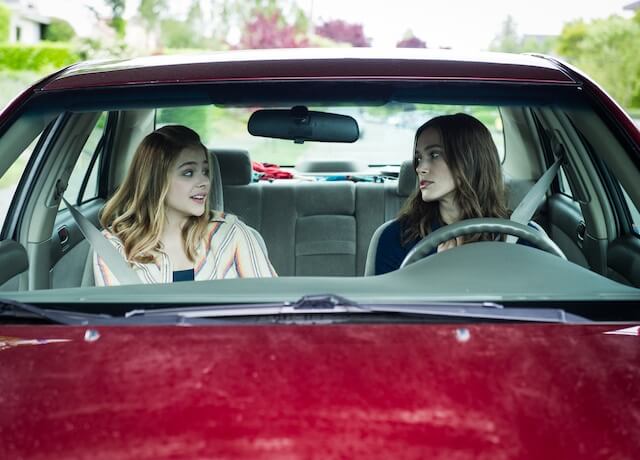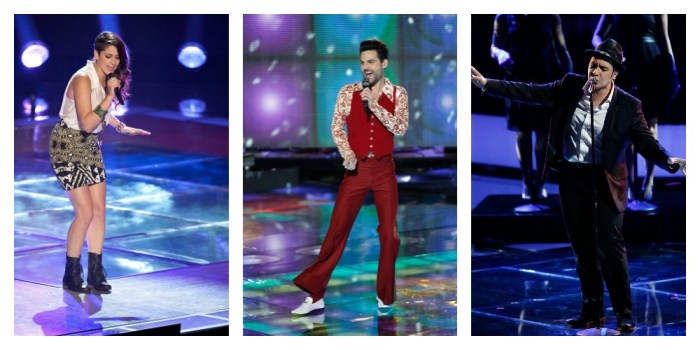‘Laggies’ It might not look it, but “Laggies” is the latest from Lynn Shelton, heretofore the maker of rough, handheld, largely improvised indies like “Humpday” and “Your Sister’s Sister.” “Laggies,” meanwhile, is all on a tripod, with name actorsnot quite dirtying themselves up in a script (not by Shelton) that would have, in the distant past, been a studio picture. (Actually, her last movie, “Touchy Feely,” was much the same, though few saw it.) It’s a fairly anonymously made film —another “Bridesmaids”-style look at a woman incapable of embracing maturity. But the devil is in the details. This is, ever so subtly, a different beast, one a little more subversive than usual, and a little goofier (though it stops well short of having everyone get food poisoning and poop in gutters). Keira Knightley plays Megan, a 28-year-old who’s the last of her friends to get married. But when her boyfriend (Mark Webber) actually proposes, she freaks out and pretends she’s at a far-off conference. In truth she’s actually hanging out with a bunch of teenagers, led by Chloe Grace Moretz, who treat her as their own, especially once she buys them beer. It’s the kind of premise Shelton could have dreamt up, though she’s only a director-for-hire. She’s great at high-concept plots that allow actors the freedom the roam through a fairly tight structure. (She’s also great with titles; one hopes she came up with this one.) “Laggies” is more locked down than previous films —save, again, “Touchy Feely,” which played to few of her strengths —but it still has gobs of wiggle room in which its actors can have fun. Knightley in particular has arguably never been more amiable, and Kaitlyn Dever, as the wilder of the teens, keeps things cranky-upbeat, even when other forces try to spoil the mood. At heart it’s a hang-out picture, albeit one that’s still on the move, heading to the next plot turn so that it never stagnates. As these things do, the third act brings a melodramatic twist and for awhile everyone acts robotically sad and angry with each other. But it’s more novel in other ways. It’s not that Megan is merely immature or the teens precocious; both sides are treated as equals. And instead of forcing Megan to return to the status quo, it tries to imagine a third option, one that may come off a tad queasy, which at least makes it interesting. Shelton’s personality manages to shine through, not entirely unlike the way quietly iconoclastic filmmakers like Anthony Mann and Raoul Walsh did with assigned jobs back in old Hollywood (though they have few else in common). Even among the cliches, you can sense Shelton’s touch, finessing a project into her own. Follow Matt Prigge on Twitter @mattprigge
Director: Lynn Shelton
Stars: Keira Knightley, Chloe Grace Moretz
Rating: R
3 (out of 5) Globes
Review: ‘Laggies’ puts Keira Knightley in her own ‘Bridesmaids’ sitch

A24

















